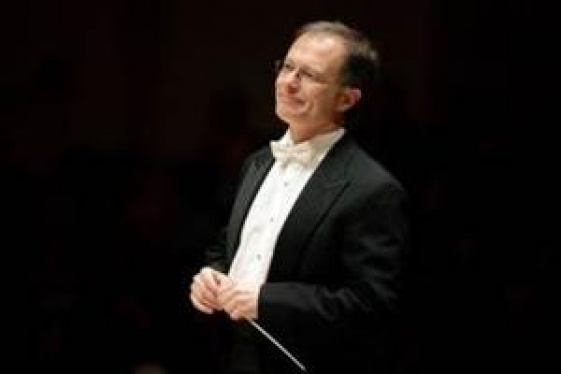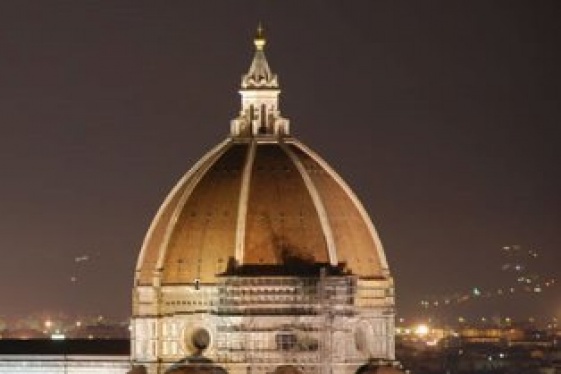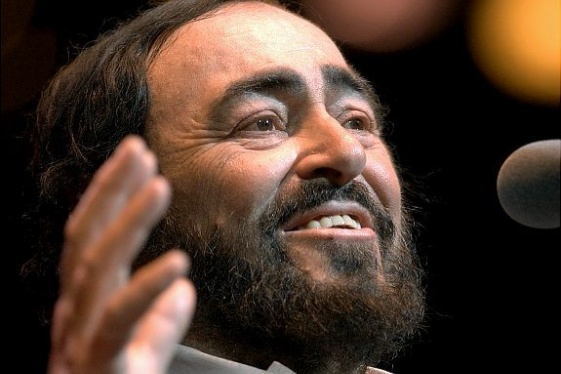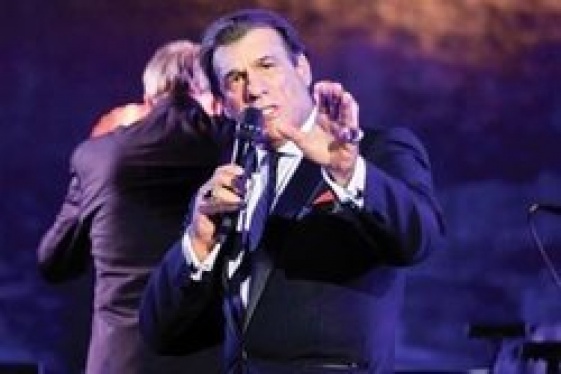

WTI Magazine #67 2015 September, 4
Author : Elda Buonanno Foley Translation by:
When talking about music and the melodious sound of the Italian language, we cannot but remind ourselves that Italy needs to be associated to "melodrama" and specifically, to the melodrama featured in Operas. Thus, here I am to address the stereotype of why we, the Italians, are often seen as melodramatic and as loyal representatives of that sophisticated music genre, the Opera.
Let's be realistic: when dealing with opera and the most world renowned composers such as Giuseppe Verdi, Pietro Mascagni, Gaetano Donizetti, Giacomo Puccini, Gioacchino Rossini just to name the most popular, the younger generations seem to be too distant and detached from the inner beauty of this amazing genre. For this reason let me briefly describe the genre and address some false statements about Opera with a short game of True or False.
Operas are long and not necessarily captivating.
FALSE: if you had had the chance to discuss the purity of sound and the melody of the sang conversations with Giuseppe Verdi or any other composer, you would have learned that first, an opera generally deals with very universal themes such as love, passion, jealousy, patriotic spirit, political opposition, infidelity, lust, religious faith, cultural identity, sexual genre and so forth. The choice of these popular themes was based on the primary objective to bring closer to the theater those social classes that, originally, were not the target of these beautiful operas. As a matter of fact, operas were once performed only for the noble classes that often sponsored the artists and the composers. Secondly, the whole setting of the opera is very simple, the dynamic scenes and the action is very direct and captivating with the tenor always set as the protagonist, the baritone as antagonist and the soprano as the lovely lady who is often the core of the plot. The story in its simplicity flows remarkably fast along the acts of the Opera and the public is generally engulfed in the powerful overflow of the magic sound of "arias", some of which are sang by the chorus.
Operas are always tragic and doomed with death and loss
FALSE: while the main operas such as Aida, Boheme, Rigoletto and many others do have tragic endings, other operas are more artistically comic. Let's remind the public of the Barber of Seville, Cinderella, Guglielmo Tell, all operas by Gioacchino Rossini, well known for his romantic and captivating genre more inclined to bring sarcastic smiles and dark humor than simply negative or deadly messages. How unforgettable is the clever and enterprising character of the barber Figaro and all his attempts to help his Count in winning the heart of the lady: Ah, che bel vivere, che bel piacere (che bel piacere) per un barbiere di qualita! (di qualita!) Ah, bravo Figaro!Bravo, bravissimo!Bravo! La la la la la la la LA! The public smiles and sings together with the "factotum" of the city while enjoying the simple plot of the opera.
Operas always portray old settings and past events
TRUE: Most of the settings are based on historical events, true or imagined, that date way back in Italian history. The lack of understanding of the background, has often been seen, by the critiques, as one of the main reason why Operas are not as popular as they used to be. One of the current attempts by contemporary directors is to transform the setting of operas and make it more "modern". One example was a couple of years ago, the new version of the Rigoletto at the Met Opera of New York. The story as conceived by Verdi was revisited, transformed and moved from a 16th-century Mantua into the Las Vegas of the early 1960s. The Duke of Mantua was pictured as a stylish playboy in a colorful casino surrounded by lavish women and men. While the "theatrical" and more "Broadway" style did clash with the original sense and purity of the scenes as created by Verdi, there is no doubt that the originality of the new choice was and should have been seen as an experiment in order to make "closer" and familiar a genre that, otherwise, could remain restricted to a cultivated niche.
In sum, operas are the symbol of a melodramatic Italian way and style often seen too mellow and old-fashioned: however, if we could only close our eyes and allow the phrasing and the encompassed magic of the powerful music to transport our senses into another universe, we could see and appreciate more a genre that, while thought for the sophisticated ears of music lovers, is, also targeting the universal community of mankind. And celebrates life and love as Alfredo in "la Traviata", who sings: "Libiamo, libiamo ne'lieti calici che la belleza infiora. E la fuggevol ora s'inebrii a voluttà. Libiamo ne'dolci fremiti che suscita l'amore, poichè quell'ochio al core Omnipotente va".
You may be interested
-
Cathedral of St. John the Divine, Oratorio S...
For the first time ever, The Cathedral of St. John the Divine, in collaboration with the O...
-
Frank Sinatra 100th Anniversary Celebration
Hoboken’s favorite son, Frank Sinatra, continues to evoke images of the good life nearly 1...
-
Holiday Concert with Micheal Castaldo and Ma...
The Mattatuck Museum (144 West Main St. Waterbury, CT 06702) is pleased to celebrate...
-
Italian Guitarist Roberto Fabbri to Perform...
For the final performance of his spring solo tour, Italian classical guitarist Roberto Fab...
-
Lecture and Concert that bring Italy to New...
Saturday, february 28 - 7 pm ESTChrist & Saint Stephen's Church - 120 W 69th St,...
-
Met Guild to Honor Licia Albanese & Carlo Be...
Summer saw the passing of two of opera's most iconic figures: Licia Albanese, at the age o...
-
Pavarotti. Il mondo di Big Luciano. Anteprim...
Il mondo di Luciano Pavarotti e la sua grande carriera di cantante lirico rivivranno il 23...
-
Sinatra was ‘a towering figure’ for Italian...
By Richard Hutton While he has carved out quite a nice career for himself as an a...










